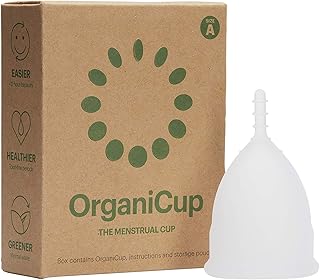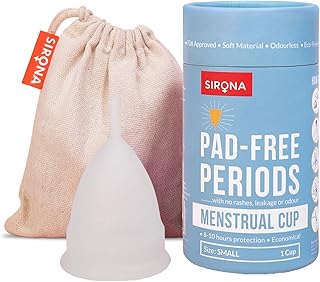Kerala has made strides in breaking period taboos, but the workplace landscape still lags behind. A recent study sheds light on the challenges faced by working women in managing menstrual hygiene, revealing significant gaps in facilities and support. Over 60% of women struggle with disposing of menstrual products at work due to poor infrastructure, impacting their physical comfort and mental well-being.
The study, published in the International Journal of Community Medicine and Public Health, emphasizes the detrimental effects of inadequate menstrual hygiene management on women’s health and workplace efficiency. Led by a team of researchers, the study surveyed working women across various sectors in Kerala, highlighting the universal need for improved menstrual hygiene facilities in workplaces.
One striking finding was the prevalence of sanitary napkin usage among participants, with a majority opting for this traditional product over alternatives like tampons or menstrual cups. Despite efforts to promote hygienic menstrual practices, many women still rely on basic sanitary napkins, indicating a need for greater awareness and access to diverse menstrual products.
Psychological distress during menstruation was another concerning issue raised by the study, with a significant percentage of women reporting decreased work productivity and symptoms of reproductive tract infections. These challenges underscore the urgency of addressing menstrual hygiene not just as a health issue but as a critical aspect of workplace equity.
The study advocates for comprehensive policy interventions to ensure menstrual-friendly infrastructure in workplaces, including gender-sensitive sanitation standards and access to hygiene products. While local initiatives in Kerala have made strides in promoting menstrual hygiene, the study calls for more concerted efforts to effect systemic change and challenge cultural taboos surrounding menstruation.
Emphasizing the importance of education and social awareness, the study underscores the need to destigmatize menstruation in the workplace and integrate menstrual health into broader public health discourse. By prioritizing menstrual hygiene as a fundamental right for working women, policymakers and employers can create more inclusive and supportive environments that empower women to manage their menstrual health with dignity and ease.
📰 Related Articles
- Study Reveals Menstrual Hygiene Challenges Among Indian Women
- Study Reveals Challenges in Menstrual Hygiene Practices Among IDPs
- Study Reveals Menstrual Health Challenges for Female Athletes in Bangladesh
- Study Reveals Factors Impacting Adolescent Menstrual Hygiene Practices
- Study Reveals Disparities in Menstrual Hygiene Practices in Nepal






